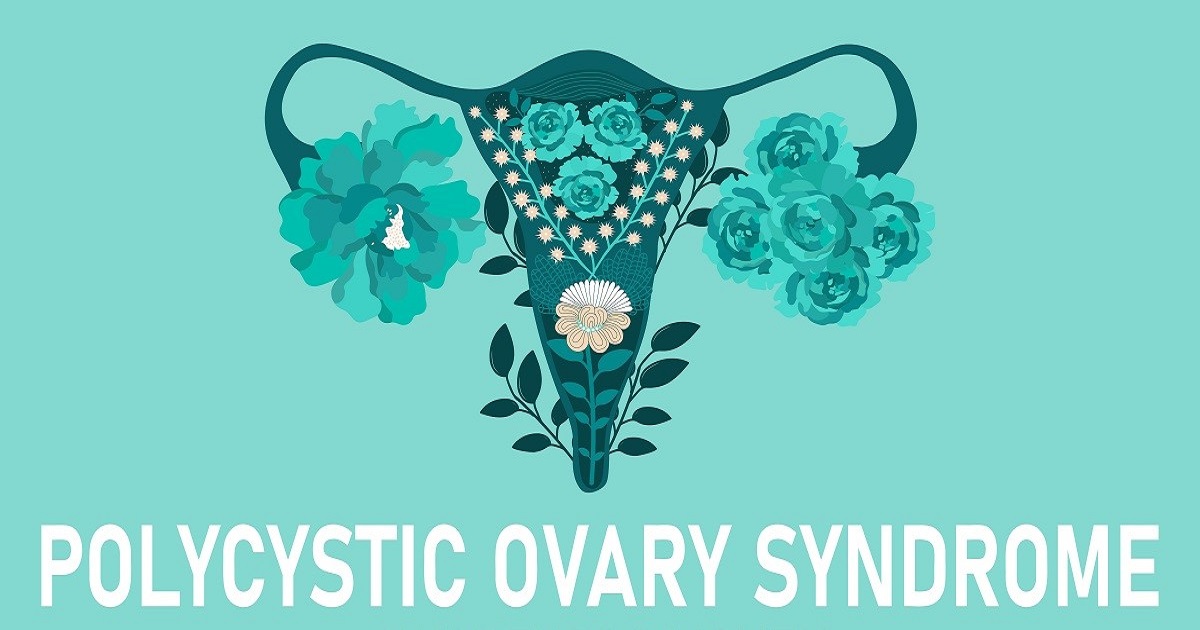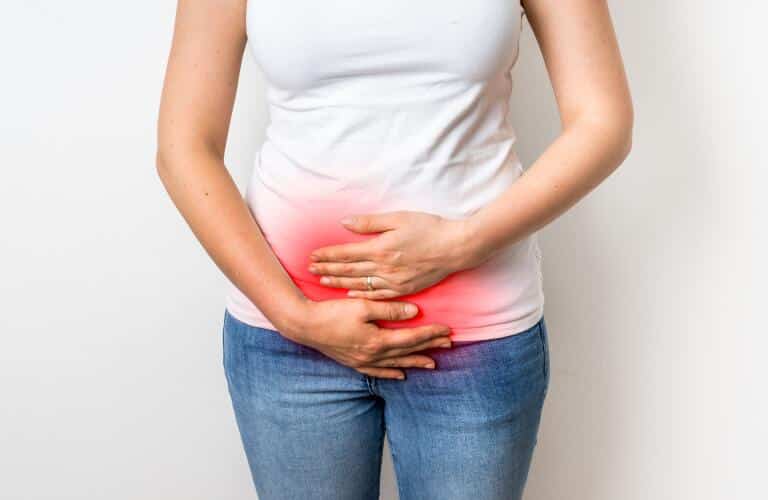Post-delivery care, also known as postpartum care or the postpartum period, refers to the medical and emotional care and support provided to a woman after she has given birth. This period encompasses the weeks and months following childbirth and is a critical time for the mother’s physical and emotional recovery, as well as the well-being of her newborn baby.
Postpartum care involves various aspects, including:
1. Physical Recovery: This includes monitoring and managing the physical changes that occur after childbirth. It encompasses aspects such as uterine contractions (afterpains), vaginal bleeding (lochia), wound healing (in the case of cesarean section or episiotomy), and the return of the body to its pre-pregnancy state.
2. Emotional Support: The postpartum period can bring about a range of emotions, including joy, anxiety, and sometimes sadness or mood swings. Healthcare providers and support systems play a crucial role in providing emotional support to new mothers as they adjust to their new roles.
3. Breastfeeding Support: For mothers who choose to breastfeed, postpartum care involves guidance and support to establish and maintain breastfeeding. Lactation consultants and healthcare providers can provide assistance with breastfeeding challenges.
4. Monitoring of the Newborn: Postpartum care also includes monitoring the health and development of the newborn baby. Healthcare providers will assess the baby’s growth, feeding, and overall well-being during scheduled checkups.
5. Pain Management: Managing postpartum pain and discomfort, which may be associated with uterine contractions, perineal healing, or cesarean incisions, is an essential aspect of post-delivery care. Pain relief medications and comfort measures are provided as needed.
6. Birth Control and Family Planning: Postpartum care often includes discussions about birth control options and family planning for future pregnancies. Healthcare providers can help new mothers make informed choices about contraception.
7. Nutrition and Hydration: Proper nutrition and hydration are crucial for a mother’s recovery, especially if she is breastfeeding. Healthcare providers and registered dietitians can offer dietary guidance.
8. Monitoring for Complications: Healthcare providers will monitor for any postpartum complications, such as infections, excessive bleeding, or issues related to cesarean section incisions.
9. Physical Activity and Exercise: Guidance on when and how to safely resume physical activity and exercise after childbirth is an important part of postpartum care. Postpartum exercises, such as pelvic floor exercises, may be recommended.
10. Mental Health and Screening: Screening for postpartum mood disorders, such as postpartum depression and anxiety, is essential. Healthcare providers assess a mother’s mental health and provide appropriate support and treatment if needed.
11. Follow-up Appointments: Women are typically advised to schedule a postpartum checkup with their healthcare provider around six weeks after childbirth. This checkup allows for a comprehensive assessment of the mother’s physical and emotional well-being.
12. Infant Care Education: Postpartum care may include education on infant care practices, including diapering, bathing, feeding, and safe sleep guidelines.
The specific components of post-delivery care may vary depending on the healthcare system, cultural practices, and individual needs. The overall goal is to promote the health and well-being of both the mother and the newborn, provide necessary support and guidance, and address any postpartum concerns or complications that may arise.
Consult a gynecologist Dr. Arohi Tasgaonkar for personalized advice and guidance at Gynaecologist in Hiranandani Estate Thane at Complete Women’s Care




